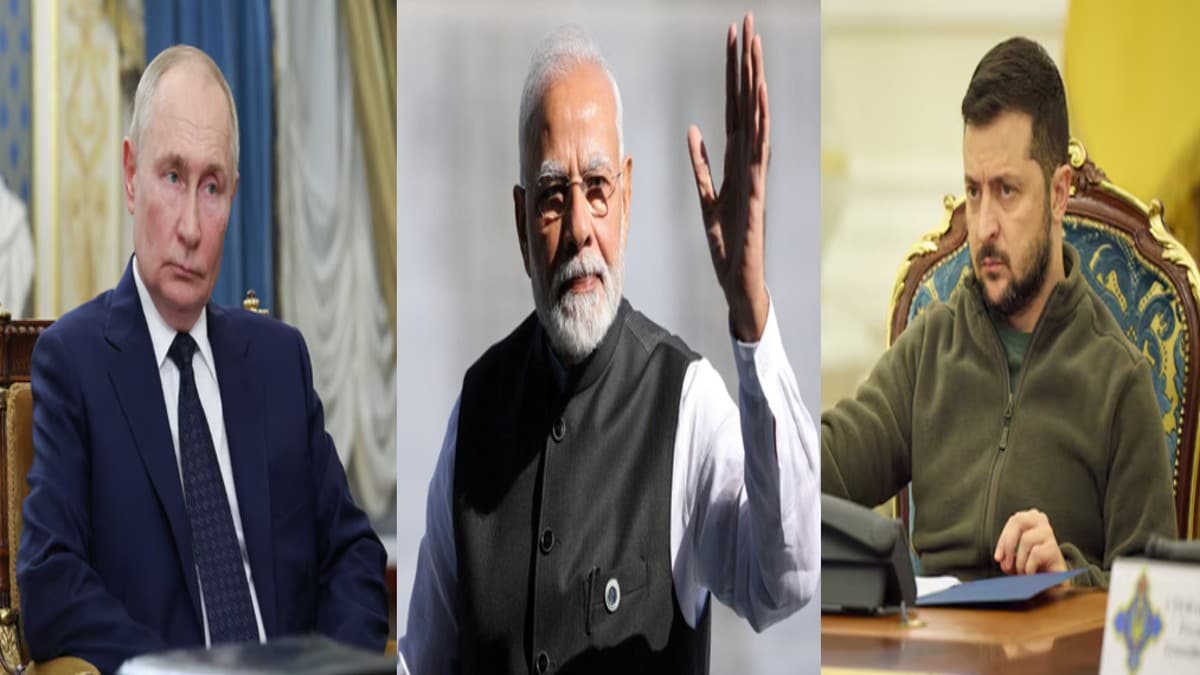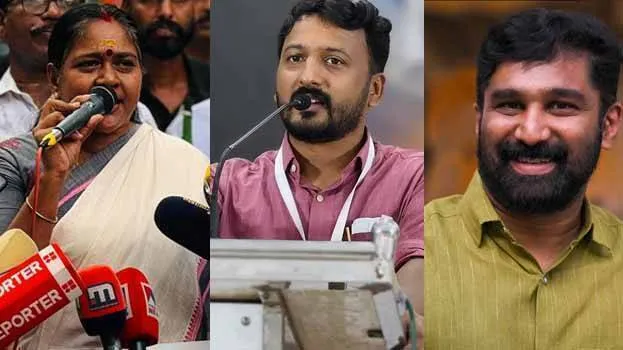
As the war in Ukraine grinds on, the prospect of a peaceful settlement seems far away and elusive. Yet, amidst the deepening conflict, India has quietly emerged as a potential mediator, subtly navigating the geopolitical maze with propositions of ceasefires and standstill agreements. Though these efforts have not yet yielded tangible results, India’s role as a neutral intercessor is significant—its diplomatic reach extends from Moscow to Washington and Kyiv, positioning it as a force for good in an increasingly divided world.
In recent months, Russian President Vladimir Putin has publicly mentioned India as a potential mediator, highlighting the political capital Moscow perceives in New Delhi. Italian Prime Minister Giorgia Meloni has echoed similar sentiments, suggesting that India could bridge the chasm between Europe and Russia. With such nods from global leaders and a bit of luck, India’s diplomacy has an outside chance.

India’s mediation offers come at a critical juncture, with several potential pathways forward. A Standstill Agreement Freezing all territorial advances while negotiations unfold is one option. Such an agreement would prevent further destruction while allowing diplomacy to take the lead.
It might sound appealing to war-weary Ukrainians and a Russia looking to solidify its gains, but the devil is in the details. Kyiv would hesitate to halt the fight while vast swathes of its territory remain occupied. Ukrainian President Volodymyr Zelenskyy has made it clear that any settlement without a full Russian withdrawal is a non-starter.
Yet, war fatigue is a powerful driver. A second possibility is that Russia holds on to the territories it has captured, essentially formalising the status quo on the ground. This would enshrine Moscow’s current gains, including those in the Donbas region.
However, such a solution is fraught with complications. Kyiv and NATO see this as an unacceptable concession, rewarding Russia’s aggression and creating dangerous precedents for territorial conflicts worldwide. Moreover, Ukrainian national pride, fuelled by substantial Western military support, would make such an agreement politically untenable for Zelenskyy.
The alternative—a credible military gain by Ukraine on the ground—seems unlikely. A third option is the establishment of buffer zones as demilitarised regions that could separate Ukrainian and Russian forces. Such zones have been used successfully in other frozen conflicts, providing breathing space for diplomatic negotiations.
However, this too would face resistance. Moscow, confident in its military advantage, may see little reason to agree to buffer zones that limit its reach. On the other hand, NATO and Ukraine would oppose anything that hints at legitimising Russian control.
The NATO Problem The delicate balance India is attempting to maintain could unravel if external powers constrain its position. For NATO, particularly the United States, India’s mediation is met with scepticism. Washington seeks a firm condemnation of Russian aggression, but New Delhi is unwilling to be drawn into binary choices.
The West’s attempts to sway India risk backfiring, potentially driving one of the few neutral players away from meaningful involvement. Western capitals must recognise that India’s neutrality is its strength in this conflict, not a sign of weakness. Ironically, Moscow may also be in no hurry to embrace India’s peace proposals, precisely because of its growing success on the battlefield.
With much of eastern Ukraine under its control, Russia may prefer to consolidate its gains before coming to the negotiating table. For Putin, any mediation that limits his territorial ambitions appears unacceptable at this juncture. Yet, the spectre of prolonged conflict, costly sanctions, and military overstretch could eventually push Moscow towards a diplomatic exit.
India’s neutrality remains one of the few levers that could ease that process—when the timing is right. US Elections: Dark Clouds on the Horizon While India’s mediation efforts are a step in the right direction, they are unlikely to halt the trajectory of the war in the near term. With the US heading into a presidential election year, there is little appetite in Washington for scaling down support to Ukraine.
Both Democrats and Republicans view backing Kyiv as essential, and any softening would be seen as political suicide. As a result, US military aid is likely to increase rather than diminish, emboldening Ukraine to continue its counteroffensive, further complicating efforts to broker peace. Indeed, the conflict may worsen before it improves, with more destructive battles likely as both sides dig in.
This volatility only enhances India’s potential diplomatic value. Once the US election is over, the war could enter a new phase, where both Moscow and Kyiv, exhausted by a war of attrition, become more amenable to negotiations. At that point, India’s role as a mediator could transform from an abstract possibility into a concrete force for good.
India’s Diplomatic Tightrope For now, New Delhi’s strategy is one of patience. While the West leans on India to take a firmer stance, Prime Minister Narendra Modi has wisely resisted being drawn into overt condemnation of Russia. At the same time, India has avoided appearing too close to Moscow, carefully walking a tightrope between two nuclear-armed superpowers.
In the long term, India’s diplomatic balancing act in this war could enhance its global standing, particularly in the eyes of the Global South. Many developing countries, wary of taking sides in the conflict, view India’s measured neutrality as a model for their own foreign policies. By positioning itself as a mediator, India can strengthen its reputation as a rising power capable of influencing global conflicts without succumbing to either Western or Russian pressures.
Though the path to peace remains distant, India’s growing stature as a diplomatic broker is, in itself, a victory. Whether through a standstill agreement, buffer zones, or a more innovative solution, New Delhi’s efforts—if successful—could reshape the global order in its favour. As the world continues to watch the war in Ukraine, India’s quiet diplomacy may just be the force for good that eventually brings it to an end.
The writer is a senior journalist with expertise in defence. Views expressed in the above piece are personal and solely those of the author. They do not necessarily reflect Firstpost’s views.
.














